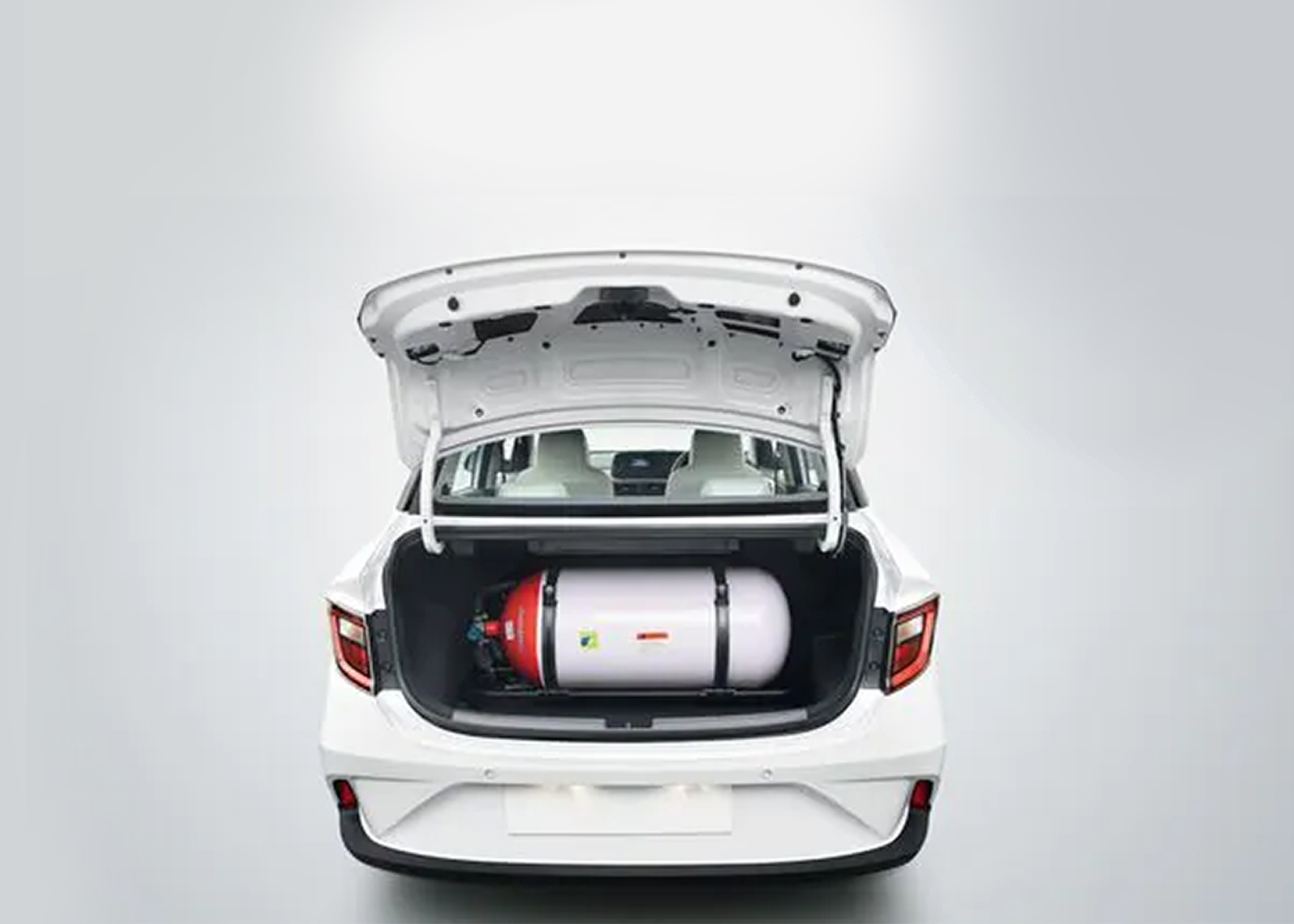10
Existing Capacity
100
Proposed Capacity
Compressed Biogas (CBG) is an energy-rich gas produced through the anaerobic decomposition of biomass, primarily sourced from waste or biomass materials such as agricultural residue, cattle dung, sugarcane press mud, municipal solid waste, and sewage treatment plant waste.
Uses
Vehicle Fuel: CBG can be used as a clean and sustainable alternative to traditional fossil fuels like gasoline and diesel. It is commonly used as a fuel for compressed natural gas (CNG) vehicles. These vehicles can be found in public transportation, commercial fleets, and personal vehicles.


Reduction of Greenhouse Gas Emissions: CBG is considered a low-carbon or carbon-neutral fuel because it is produced from organic waste materials, which would otherwise emit methane (a potent greenhouse gas) when left to decompose in landfills. By using CBG as a vehicle fuel, it helps reduce greenhouse gas emissions and combat climate change.
Decentralized Energy Production: CBG can be produced locally, which promotes decentralized energy generation. This is particularly useful in rural areas where access to traditional fossil fuels and centralized energy sources may be limited.


Energy for Cooking and Heating: In addition to vehicle fuel, CBG can also be used for cooking and heating in households and small businesses. It can replace traditional cooking fuels like LPG (liquefied petroleum gas) or wood, reducing indoor air pollution and deforestation.
Industrial Applications: CBG can be used as a source of energy in various industrial processes, including steam generation, electricity generation, and as a heating source in manufacturing facilities.


Sustainable Agriculture: The digestate produced during the CBG production process is a nutrient-rich organic fertilizer that can be used to improve soil quality and fertility, promoting sustainable agriculture.
Rural Development: CBG production can create employment opportunities in rural areas and contribute to rural development by utilizing locally available organic feedstock.
